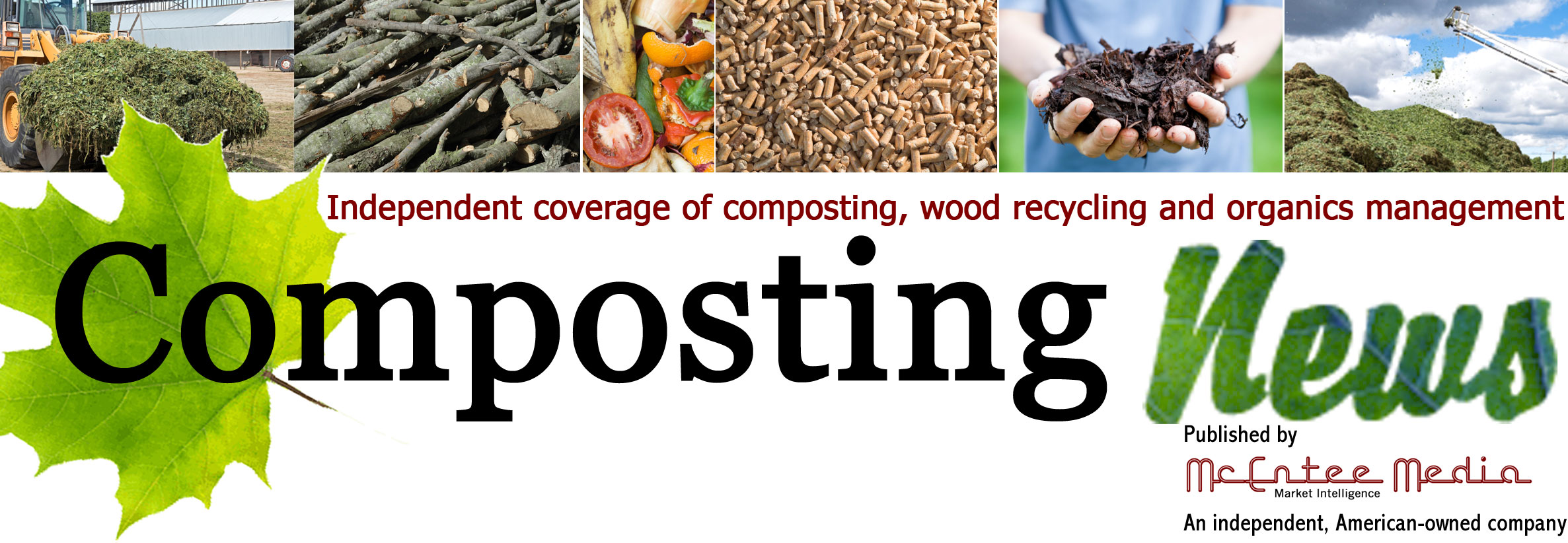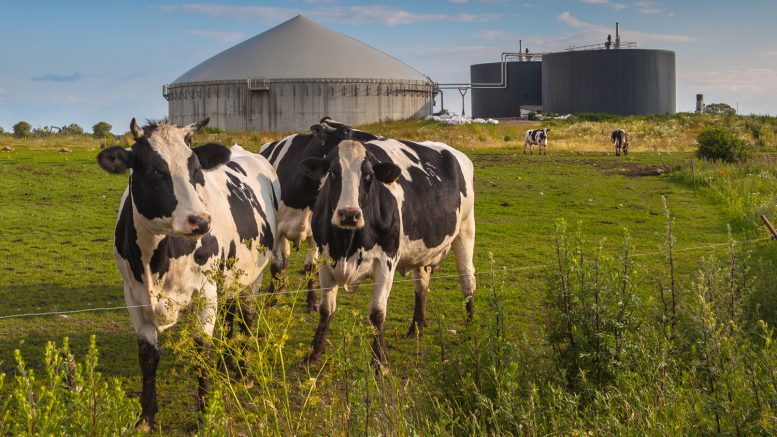Proposed federal legislation aims to encourage investment in biodigester systems while establishing a market for farmers who have a surplus of waste materials that can be used for biogas production.
The Agricultural Environmental Stewardship Act – S-2542 – would help expand the market for biogas by providing a 30 percent investment tax credit to help offset the upfront costs associated with building biodigester systems.
Sens. Sherrod Brown (D-Ohio) and Pat Roberts (R-Kan.) reintroduced the legislation which originally was introduced as S-988, two years ago. The legislation mirrors HR-3744, which was introduced into the House in July.
Right now, farmers across the country have a surplus of organic material like manure, food scraps, agricultural residue, wastewater solids and liquids, all of which can be used to produce biogas that can be used to produce heat, electricity, fuel and can be injected into natural gas pipelines, Brown said. It also can be used to process wastewater upstream, which reduces runoff and containments that impact potable water in a number of communities, especially those around Lake Erie.
“Ohio farmers are struggling to safely dispose of livestock waste that could be used for renewable energy,” Brown said. “This legislation will encourage investment in the technology needed to convert these waste materials into natural gas that can be used to power households and businesses across the country.”
Roberts said the legislation promotes a way to turn waste into energy, reduce greenhouse gas emissions, create jobs and grow the economy.
“The Warrior Biogas project near Dodge City, Kansas is a shining example of what could happen across Kansas and America if we incentivize further development of these innovative technologies,” he said.
The Warrior Biogas Project at Dodge City’s wastewater treatment plant was designed to clean the biogas produced through the anaerobic digestion processes treating wastewater from Dodge City residents and a nearby National Beef processing plant.
The senate bill is supported by the American Biogas Council (ABC), the American Farm Bureau Federation (AFBF) and the Ohio Farm Bureau (OFB).
“The Agricultural Environmental Stewardship Act provides an advancement to sustainable agricultural technologies,” said Patrick Serfass, executive director of the ABC. “When biogas systems recycle manure and the nutrients contained within, we have cleaner waterways, healthier soil and new commodities. We believe this bill will incentivize greater investment in digester and nutrient recovery technologies which will create new jobs, promote sustainable farm practices and protect our air, water and soil.”
The house legislation was introduced in July by Rep. Ron Kind (D-Wisc.) and is currently in the Ways and Means and Science, Space and Technology committees. The bill would allow energy tax credits through 2021 for investments in qualified biogas property or qualified manure resource recovery property. The bill also permits new clean renewable energy bonds to be used for such properties.
A qualified biogas property is a system that uses anaerobic digesters or other specified processes to convert biomass into a gas which is at least 52 percent methane, and captures the gas for use as a fuel.
Qualified manure resource recovery property comprises a system that uses specified processes to recover the nutrients nitrogen and phosphorus from a non-treated digestate or animal manure by reducing or separating at least 50 percent of the nutrients, excluding any reductions during the incineration, storage, composting or field application of the non-treated digestate or animal manure.
The bill calls for the Department of the Treasury to enter into an agreement with the National Renewable Energy Laboratory for a study of biogas and report to Congress on the study.
Follow us on social media:

Be the first to comment on "Federal legislation encourages biogas production"